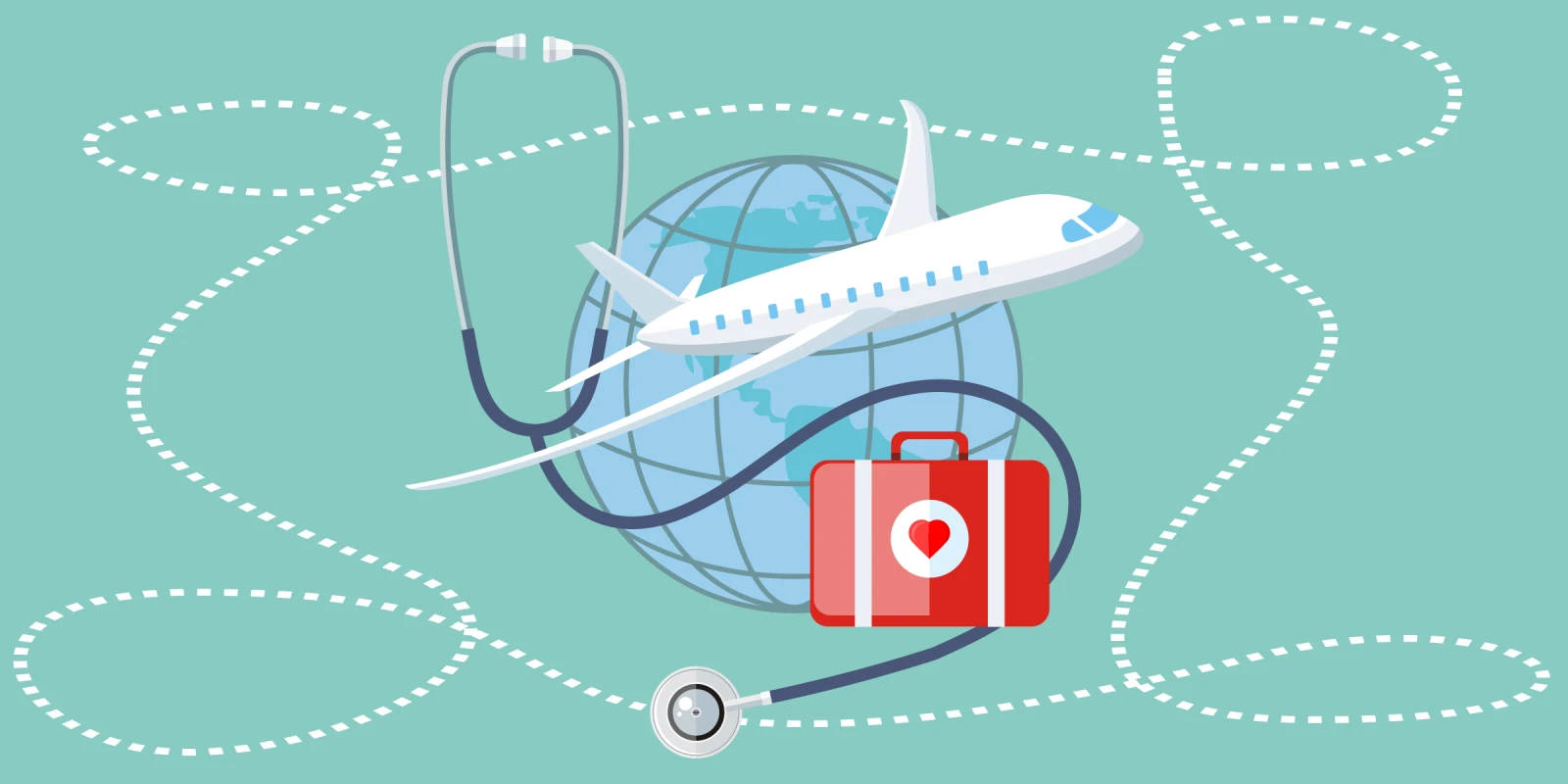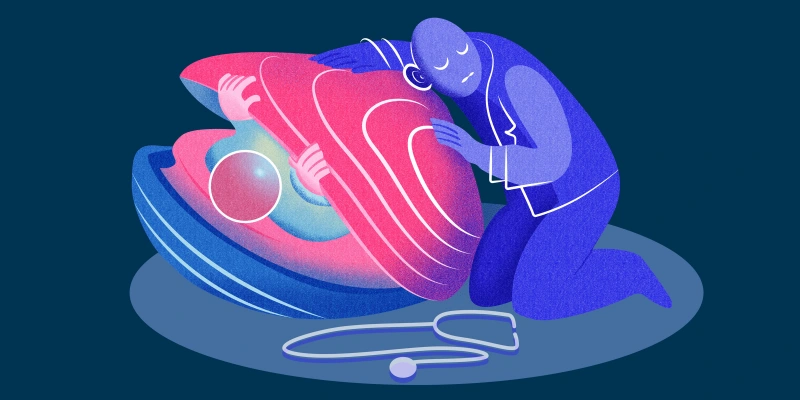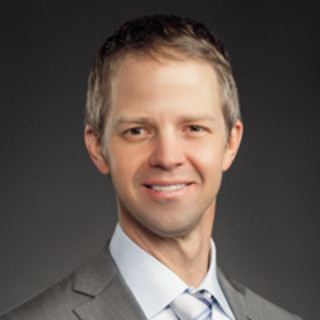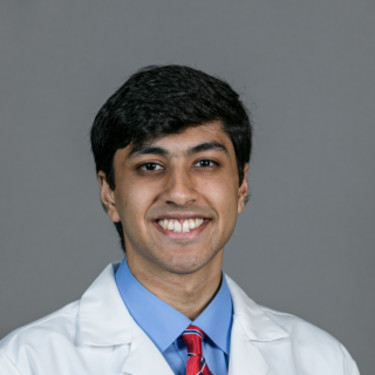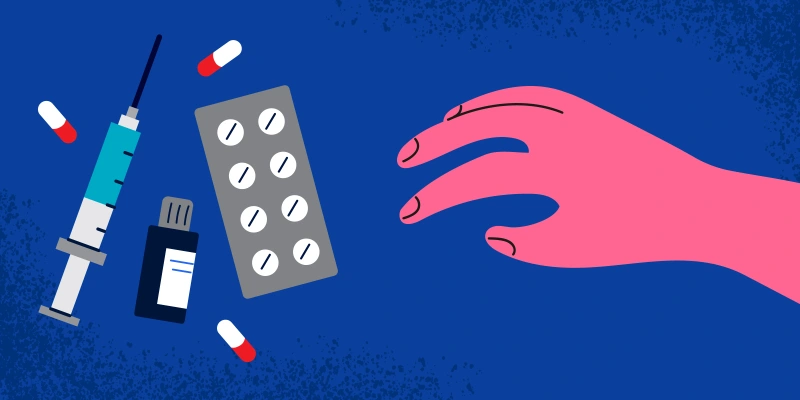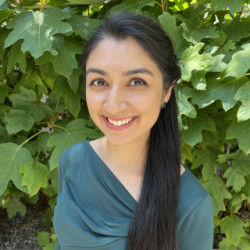As an undergraduate, one of my most formative experiences was attending a Q&A talk by the late Dr. Paul Farmer. My view of global health, up until that point, had been quite naïve; I assumed that any global health effort was fundamentally good and helpful. Dr. Farmer was the first person I met who spoke about principles in health care like sustainability and equity, making sure that the communities we aim to help are able to sustain the initiative independently. It made me think back to initiatives that I had even seen at my high school where my fellow students went to Guatemala to build a dental clinic. I didn’t attend but I did start to wonder what happened to that clinic my high school tried to build. None of my classmates had any construction experience and I’d never heard anything further as to whether any patients had ever been seen in that clinic. Was that clinic eventually torn down? Would the money spent on sending high schoolers on an international trip have been better spent as a donation to an organization that was already on the ground? These questions became more pressing as I entered medical school and started seeing global health trip opportunities advertised to medical students. I felt out of my depth trying to evaluate these efforts as a first-year medical student who wanted to try and be as ethical as possible in her efforts. If I were to spend my time on such a trip, how would I identify whether my efforts were truly going to benefit the community being served?
In a 2016 article in the journal Medical Clinics of North America, the authors, Stone and Olson, outline three principles that often limit the helpfulness of short medical mission trips: context, limits on resources, and cultural/language barriers. By context, the authors primarily refer to the power imbalance between volunteer and patient. Patients in such situations are inherently in positions of vulnerability and are not able to easily advocate for themselves if they are taken advantage of. If teams do not make the effort to be adept in the native language or hire translators, much can be miscommunicated either to the volunteer or diseases might not be properly explained to the patient in a way that would satisfy informed consent for subsequent procedures. Past teams have in fact committed transgressions such as using unauthorized photos of patients for fundraising purposes, as well as not obtaining truly informed consent.
Limits on resources may be, at times, an unavoidable fact of short-term medical volunteer trips, but Stone and Olson found in their review that many previous articles had documented incidents where medical students/trainees were asked to perform medical services beyond their capabilities. Such a practice would not have been accepted in their home country, therefore allowing such practices in foreign, vulnerable communities is extremely unethical. While reading the Stone and Olson article, I once again thought back to my high school classmates building dental clinics when nobody on the trip had any hands-on construction experience. Finally, language and cultural barriers can greatly hinder the net positive that volunteers can do if local language and customs are not part of the onboarding of volunteers.
Additional literature has also specifically noted common pitfalls of student-led medical mission trips. In a 2017 review, health care tourism researcher Dr. Irmgard Bauer describes how students were “culturally insensitive” and “over-enthusiastic.” She criticizes how students, in their efforts to aid patients, can often mis-apply learned procedures “inappropriately” and often, on such trips, spend more time on recreation in a foreign country rather than in the clinic. Dr. Bauer notes that due to such mishaps, such trips oftentimes benefit the student volunteers at the detriment of the local population the trip is seeking to help.
So how to best evaluate if a global health trip is both mindful of their volunteers’ skillsets as well as local language and customs? In an effort to remedy these historical wrongs, Stone and Olson describe multiple efforts to codify working principles for medical volunteer trips including those by the Working Group on Ethics Guidelines for Global Health Training (WEIGHT). The WEIGHT recommendations suggest that groups traveling to foreign countries prepare in conjunction with the communities they will serve, make every effort to ethically provide capable aid, and outline recommendations for how the organization will debrief afterward. At the end of her review, Dr. Bauer also endorses thorough pre-travel education of participants in both medical knowledge as well as local customs. She also mentions the benefit of redirecting funds to directly donate to increase local health professional salaries or on-site charities who have a more in-depth knowledge of the needs of the community.
As medical students, we have two great options to make sure we can truly do some good in global health: we can raise money to directly go into the hands of existing organizations who are already trying to help local health care structures or, if we decide to participate in short-term trips, we can ask ourselves if we are truly prepared for the endeavor rather than simply excited. Following such principles will allow us to play a proactive role in making sure our efforts are truly for the betterment of international communities rather than a vanity exercise.
Did you go on a medical mission trip as a medical student? Share your thoughts on them in the comments.
Vicky is a MD/PhD student at UT Southwestern Medical Center currently in the process of obtaining her PhD in Biological Chemistry. Her areas of interest in writing include health policy, social determinants of health, and the intersection between basic science and the world of clinical medicine. When she's not in the lab, she enjoys reading, hiking, cooking, yoga, and hanging out with her dog, Dobby. Vicky is a 2021–2022 Doximity Op-Med Fellow.
Image by robuart / gettyimages
